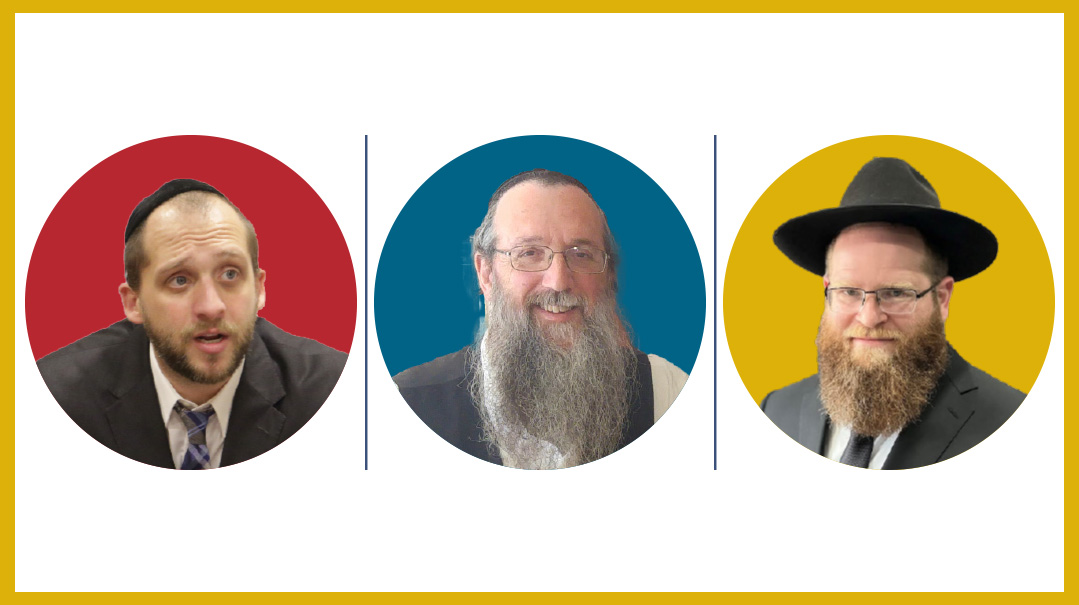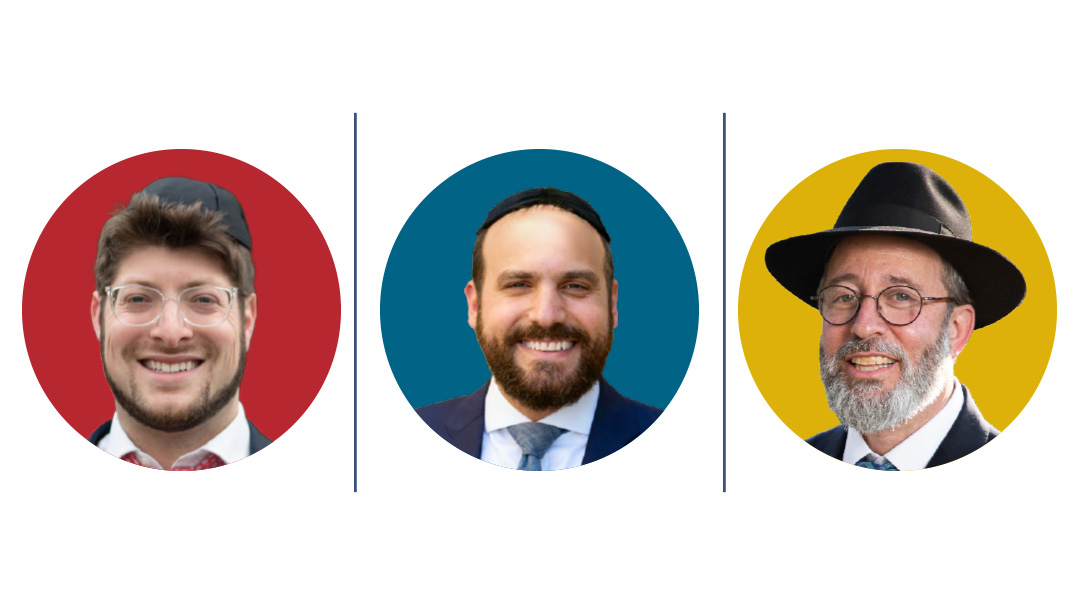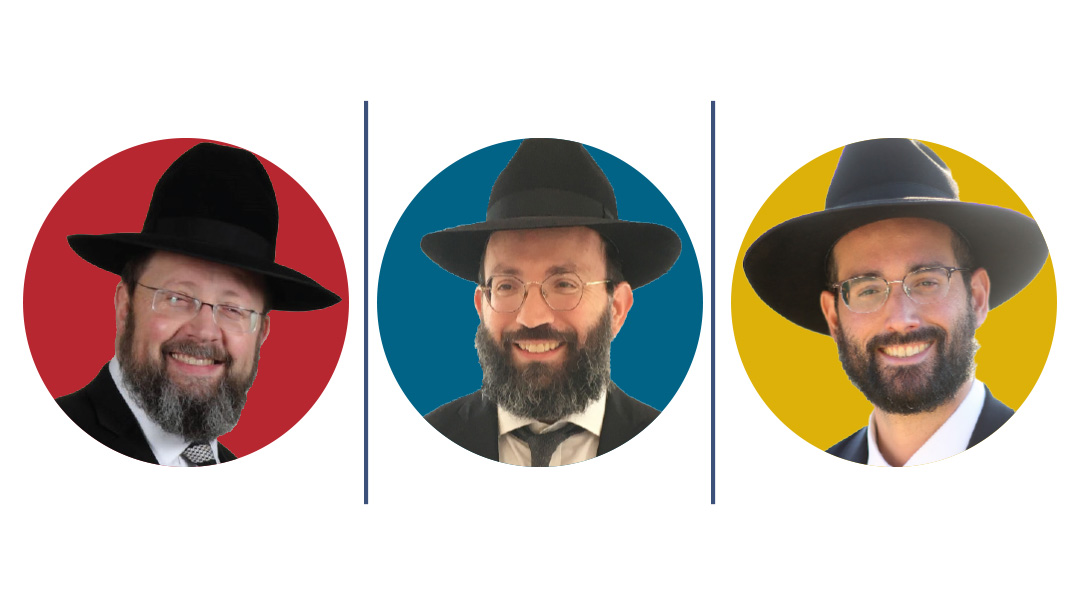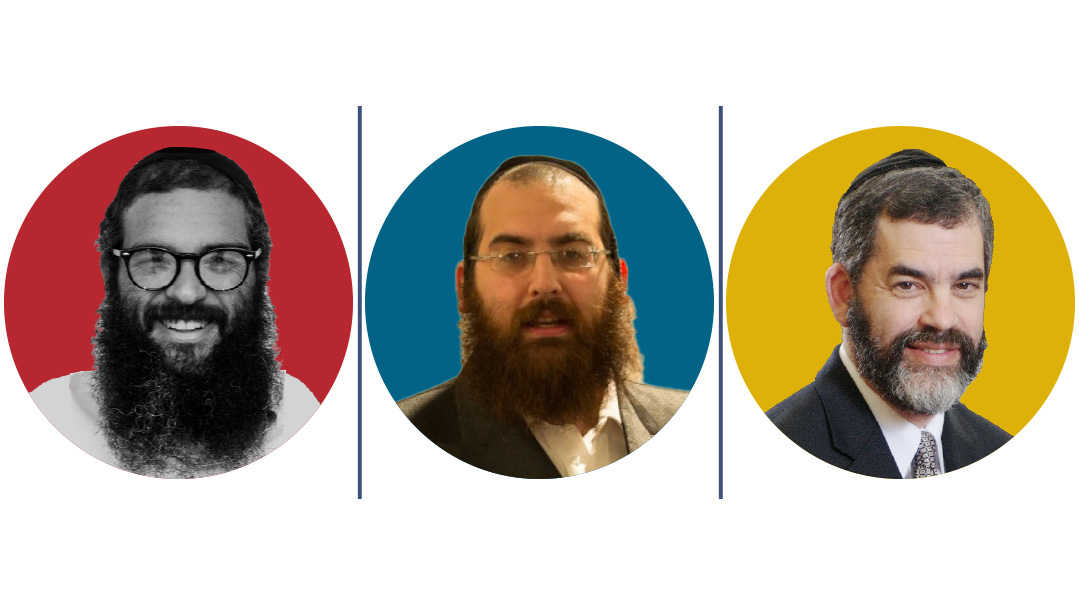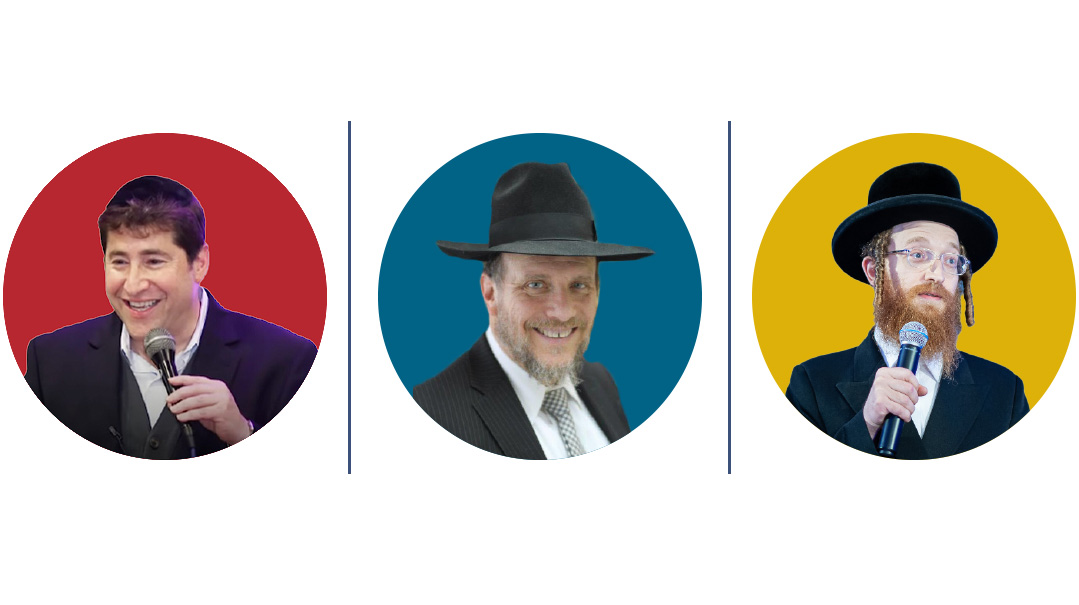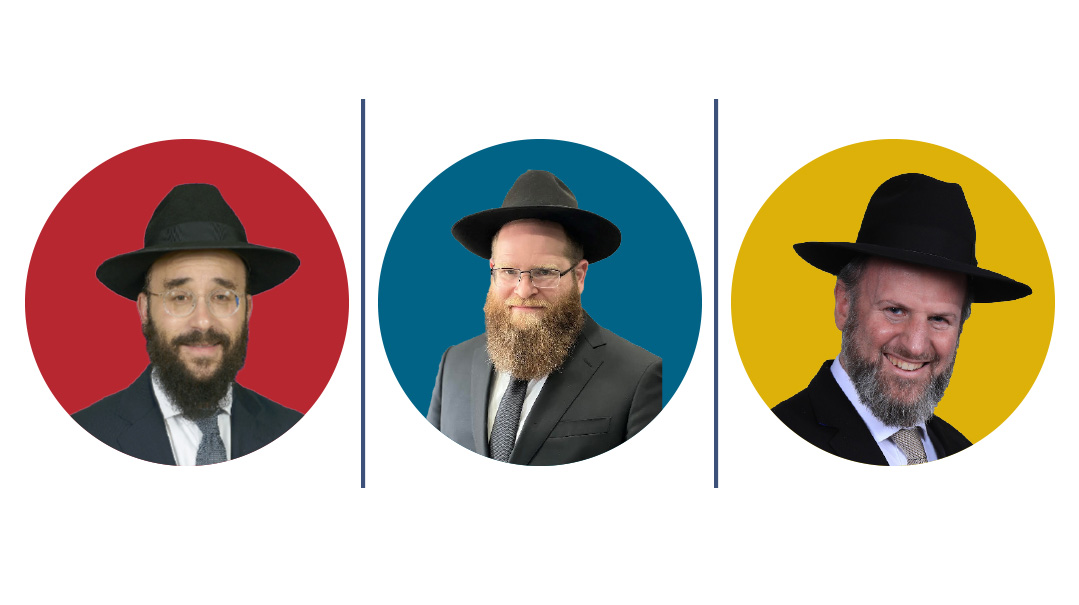The Message to Our Kids When Signing False Statements for Schools

“Parents willing to sign falsely are teaching their child that dishonesty is okay... when it gets you what you want”
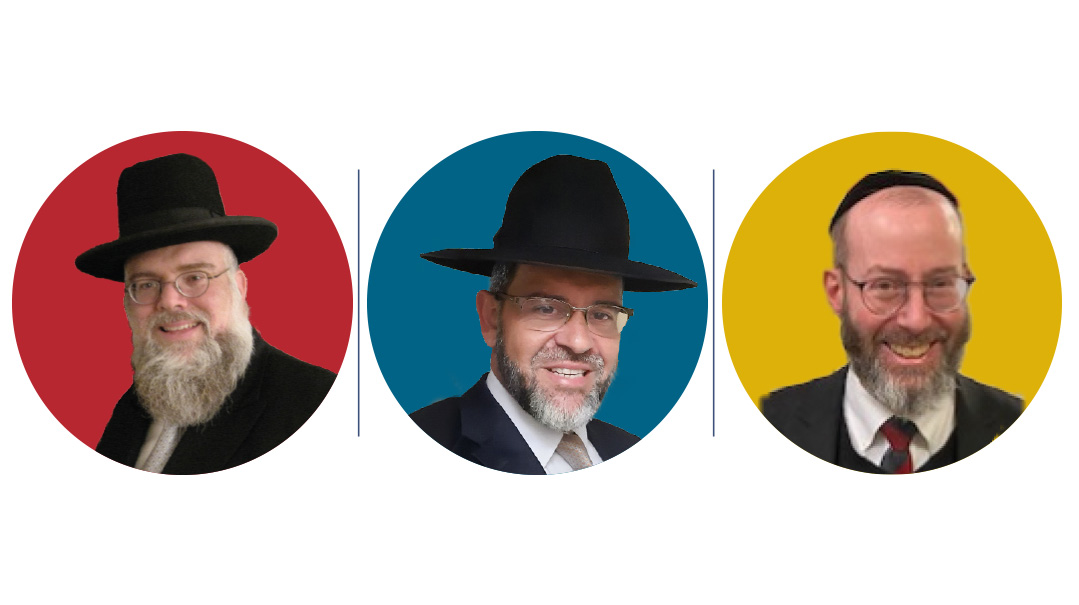
Rabbi Plotnik
EMPHATICALLY NO!
WE
don’t need to go too far to find the answer to this question, for it was given on Har Sinai.
A look at the second half of the Aseres Hadibros gives rise to a difficult question. How could it be that the loftiest generation in our history, who experienced nevuah (prophecy) by hearing the word of Hashem on Har Sinai, aside from witnessing the miracles of Mitzrayim, needed to be commanded to refrain from the most basic prohibitions of any moral society, such as abstaining from murder, adultery, etc.?
The Alter of Slabodka offers an answer from the Targum Yonasan ben Uziel, and my rebbi, Rav Elya Svei ztz”l repeated it often. A free translation of the Targum Yonasan’s commentary on “Thou shalt not murder” goes like this: “You should not murder, nor be friends or partners with murderers… nor be seen in the company of murderers, lest your children will come after you, and they will learn to be with murderers.”
We were not merely being instructed not to perform the physical acts associated with these sins, rather not to show any tolerance for them whatsoever. That means avoiding any despicable character who is guilty of such behavior. And if we do not stand our ground, our children chalilah will pick up on our lackadaisical attitude towards these values, and, as Rav Elya put it, “Zei vellen veren poshuta rotzchim — they will become simple murderers themselves.”
Any show of tolerance toward cheating and lying will bear the same results. “Tell the man you are only five.” “Go take a (kosher) ketchup packet from the treife concession stand.” This kind of behavior tells our children that “Chosamo shel HaKadosh Baruch Hu emes” only applies when it is convenient, and not when it can save a dollar. Parents who do this may think they are getting a bargain today by manipulating the truth, but they are running the bigger risk of losing their most precious commodity down the line, ehrliche and gutte children.
When Rav Aharon Kotler ztz”l saw the drawings depicting the yet-to-be-built Beis Medrash Govoha, he insisted on correcting it, because it featured landscaping that was not going to be there. Everything is built on emes, especially the chinuch of our children. It was one of the first lessons we were taught as the Am Hashem.
Truth is not for sale.
Rabbi Plotnik, a talmid of the yeshivos of Philadelphia and Ponovezh, has been active in rabbanus and chinuch for 25 years and currently serves as ram in Yeshivas Me’or HaTorah in Chicago.
Rabbi Meir Kahane
Strongly Disagree.
P
arents who sign falsely on statements to their children’s schools are making a grave educational error that goes way beyond the ethical or halachic implications of doing so. Besides being unfair to the system and others who joined it, signing falsely develops a threefold attitude in the child that is harmful to his ruchniyus, and ultimately his ability to succeed in life:
Dishonesty — Like it or not, signing false statements is dishonest (even if one finds a halachic loophole or relies on “everyone is doing it.”) Parents who are willing to sign falsely are teaching their child that dishonesty is okay... when it gets you what you want.
Refusal to Conform — Conforming is a middah tovah. Torah does not require society to accept the standards of the individual. The individual must conform to the standards of society (see the mishnah at the beginning of the fourth perek of Pesachim). Teaching children that one can join a system or society and do as he pleases is hashkafically incorrect and does not develop in the child a value for the middah of conforming, but rather the opposite. And that is detrimental to the child.
Disrespect — Likely, the greatest disservice parents can do for their child is to convey a sense of disrespect for his educators. One cannot learn from someone he disrespects. Ignoring school standards gives the implicit (often explicit) message, “We do not respect the school — they have a shallow value system that we don’t agree with.” Such an attitude virtually guarantees an embittered educational experience.
Parents must also appreciate that the standards of the school reflect the values being taught in their classrooms. If the chinuch a child gets at school does not mirror the values of the home, the child will become confused, distrusting, and angry. Parents must share the value system of the school they send their child to, and if not, find a different school. If they cannot find such a school, they must upgrade the home’s standards, for the sake of their child’s success.
Rabbi Kahane is the menahel of Chedvas Bais Yaakov in Yerushalayim and a world-renowned lecturer and educator.
Rabbi Shlomo Schwartz
False.
IN
three places in Shas, Rav Chanina teaches, “Chosamo shel HaKadosh Baruch Hu emes” — Hashem’s seal is truth. We have a mitzvah temidis of “v’halachta b’drachav,” to follow Hashem’s pathways. By cutting corners in our own pursuit of truth in any aspect of our lives, as inconsequential as it may seem, we essentially demonstrate that we don’t share Hashem’s ultimate value system.
We also need to consider the effects of such behavior on our children. Make no mistake: our children are hypocrisy monitors, and the message of “Do as I say, not as I do” will not resonate. When we tell children that they must always be honest, but sometimes we as parents have reasons for bending the truth, they see right through us. Either children will follow their parents’ example and learn to be deceitful, or they will pick up on the hypocrisy and wonder whether their parents’ other values are also hollow, losing faith in them as role models.
For the sake of your children, please don’t place them in this untenable situation. Stick to the path of truth, and your children will learn to emulate your example.
Rabbi Shlomo Schwartz serves as menahel at Yeshivas Beis Hillel of Passaic and has been in chinuch for 29 years. His greatest nachas comes from his own sons, his talmidim and his grand-talmidim.
(Originally featured in Mishpacha, Issue 921)
Oops! We could not locate your form.

